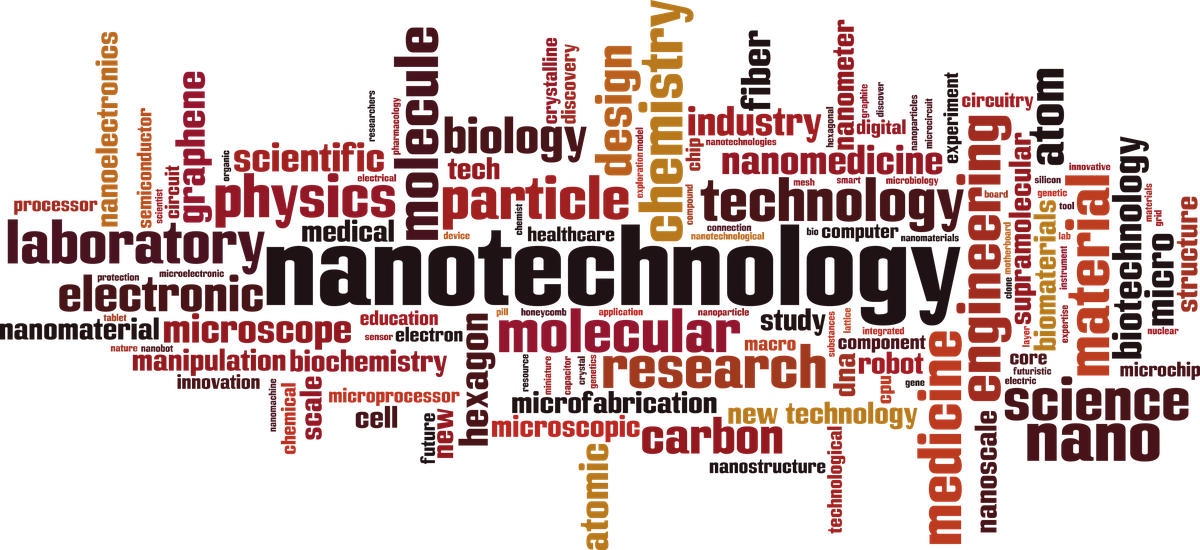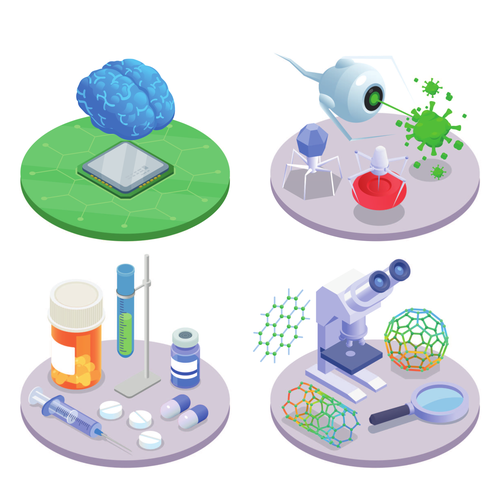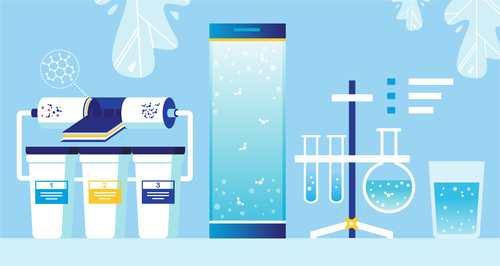PhD Programme

-
The type of training offered in the proposed PhD is training through research. The students will take part in training courses based on frontal lessons although the most relevant part of the training will be attained by working on specific experimental research projects with basic and / or applied objectives also in collaboration with public or private international research institutions.
The "hands on" training in these areas will allow the doctoral student to experience directly the planning of experiments, collecting and processing data, as well as the drafting of reports and publications. The training will also include science communication, "scientific writing", exploitation of intellectual property and training in scientific project writing in order to gain skill to apply for public and private research grants.
The PhD student research activity will rely on collaborative projects between the various components of the PhD to attain a high interaction and integration of the research while maintaining a high level of specialization
The overall objective of the training of PhD students will therefore be the development of analytical and experimental expertise and the acquisition of skills, which will be at the same time- broad and interdisciplinary across the whole field of nanosciences
- specific about issues concerning specific nanoscience applications.
In this way, students will be able to develop an interdisciplinary / multidisciplinary and non-sectoral approach to the chemical, physical, medical, and biological sciences.
-
The doctoral course in "Nanoscience for Medicine and the Environment", guarantees a research environment of the highest level open to international collaboration. The internationalization of the training will be favoured by operating at various levels:
TEACHING
- All teaching and evaluation tests will be carried out in English
- The PhD student will be required to attend seminars delivered by international visiting professors and researchers.
RESEARCH
- The active participation of PhD students in international research projects and other scientific initiatives of choice will be favoured
- Strong support will be provided to ensure training in the preparation and management of european ad extra-european international research projects
MOBILITY
- All PhD students will be expected to spend at least three months in a foreign lab characterized by scientific excellence
- All PhD students will be expected to participate actively in international schools and meetings giving talks and presenting posters on their research
ATTRACTIVITY
- The PhD course will be advertised internationally in order to attract good candidates holding master degrees granted by foreign universities
- The possibility of co-supervision in collaboration with foreign institutions is envisaged.
- Participation in international mobility programmes (e.g. Programma Erasmus Mundus, Scienze Senza Frontiere, China Scholarship Council) will be explored in order to obtain further financial support for PhD fellowships
The PhD in Nanoscience for Medicine and the Environment supports research projects dealing with the relation between Nanoscience and Health, considering both “human health and environmental health”. Two different thematic areas are planned:
1. Nanoscience for Medicine

-
- Interactions between nanostructures and biomolecules/cellular structures
- Drug delivery systems
- Nanostructures, solid pharmaceutical hybrids formulations, crystalline polymorphism of active pharmaceutical ingredients
- Nanostructures and nanoformulations for high bioavailability administration of nutrients and bioactive molecules
- Use of artificial molecular machines in biomimetic systems
- Development of theranostic nanoplatforms
- Design of nanostructurated materials for the development of (multimodal) imaging contrast agent
- Nanostructured organic semiconductors for sensor applications
- Nanobiosensing for “point-of-care” and personalized medicine
- Nanostructures for regenerative medicine
- Cellular nanoengineering
- Nanotoxycology and technologies for “safety by design”
2. Nanoscience for the Environment

- Photo and/or electrocatalysts for water and air remediation or for the production of energy using “solar fuels”
- Nanobiosensing for enviromental monitoring
- Nanostructured photo and/or electrocatalysts for the reduction of CO2 in high energy density products
- Development of innovative synthesis for the production of nanocatalysts active in the sustainable transformation of biomass into chemicals
- Nanostructured platforms for the development of membranes for “water remediation”
- New materials for the conversion and storage of solar energy using molecuar machines
- Nanoecotoxycology
- Life cycle analysis (LCA) of the production and use of nanomaterials
- The integration of different disciplines and the involvement of five Departments within the PhD in "Nanoscience for Medicine and the Environment" will have a strong impact on the professional level and will allow:
- development of highly interdisciplinary training
- answering to the needs of a labor market in advanced technology sectors, which increasingly requires multi-disciplinary skills.
The nanosciences are having a tremendous impact on many industrial sectors and are considered among the key development objectives by all major industrialized countries of the world. The global market for nanotechnology products for medicine and the environment will reach260 billion euro in 2028, with an annual growth rate (CAGR) of 18.3%.
The main employment and career opportunities related to the PhD in "Nanoscience for Medicine and the Environment" are provided by the world of research at public institutions (universities, research institutes) or private (laboratories, industry, spin-off, etc.). Nanoscience is indeed a strategic objective in applied research at national and international level and represents one of the subjects characterizing Horizon Europe with numerous funding opportunities through dedicated calls within the NMP (Nanosciences, Nanotechnologies, Materials and new Production Technologies), and Health and Energy funding schemes. The training offered by this Doctorate (such as courses on scientific communication and intellectual property) also opens up new and interesting employment prospects as consultants in technology transfer, and as consultant to businesses and market associations, to governmental and european agencies, as well as communication experts and as expert in research exploitation, and intellectual property protection, and, last but not least, as entrepreneurs.